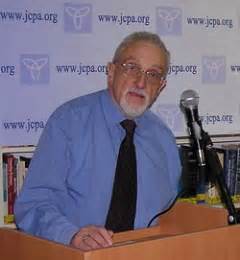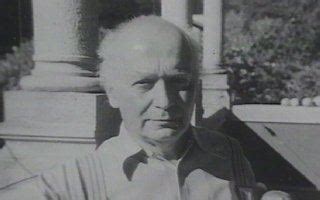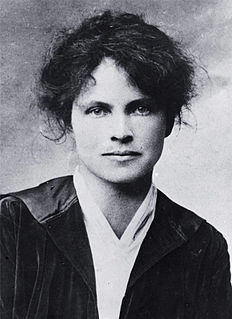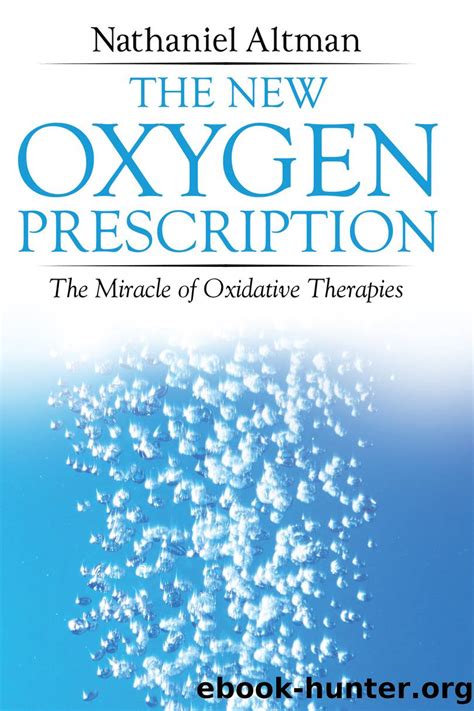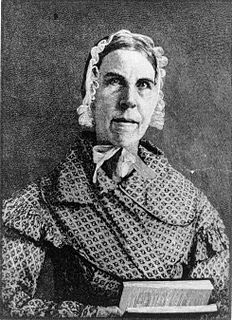A Quote by Aldous Huxley
Compared with that of Taoists and Far Eastern Buddhists, the Christian attitude toward Nature has been curiously insensitive and often downright domineering and violent. Taking their cue from an unfortunate remark in Genesis, Catholic moralists have regarded animals as mere things which men do right to regard for their own ends. . . .
Related Quotes
That wealth and greatness are often regarded with the respect and admiration which are due only to wisdom and virtue; and that the contempt, of which vice and folly are the only proper objects, is most often unjustly bestowed upon poverty and weakness, has been the complaint of moralists in all ages.
We have to separate here the church in its broad sense. We have Catholics, Protestants, Eastern Orthodox churches. The Catholic church is a corporation like a chief executive. A fairly homogenous operation. Today its attitude toward anti-Semitism is much more severe than it's ever been. The Catholic Church today is much less the problem than the other groups.
Many things that human words have upset are set at rest again by the
silence of animals. Animals move through the world like a caravan of
silence. A whole world, that of nature and that of animals, is filled
with silence. Nature and animals seem like protuberances of silence.
The silence of animals and the silence of nature would not be so great
and noble if it were merely a failure of language to materialize.
Silence has been entrusted to the animals and to nature as something
created for its own sake.
The teachers of small children are paid more than they were, but still far less than the importance of their work deserves, and they are still regarded by the unenlightened majority as insignificant compared to those who impart information to older children and adolescents, a class of pupils which, in the nature of things, is vastly more able to protect its own individuality from the character of the teacher.
For the pre-Darwinian age had come to be regarded as a Dark Age in which men still believed that the book of Genesis was a standard scientific treatise, and that the only additions to it were Galileo'a demonstration of Leonardo da Vinci's simple remark that the earth is a moon of the sun, Sir Humphrey Davy's invention of the safety lamp, the discovery of electricity, the application of steam to industrial purposes, and the penny post.
Such then in number and importance are the precious ties belonging to the Christian name which keep a believer in the Catholic Church, as it is right they should ... With you, where there is none of these things to attract or keep me... No one shall move me from the faith which binds my mind with ties so many and so strong to the Christian religion... For my part, I should not believe the gospel except as moved by the authority of the Catholic Church.
It's really not rocket science. If animals are not mere things; if they have moral value, we cannot justify eating, wearing, or using them particularly when we have no better reason than palate pleasure or fashion. If you are eating, wearing, or using animals, then your actions say that you regard them as mere things, despite what your words say.
We are not only interested in those aspects of the mystery of the Roman Catholic Church which set her apart from the other Christian communities, but also to show how often they are central beliefs by describing what is specifically Catholic in such a way that the partner in dialogue can see, even from his own standpoint, the inner consistency.
It is to a dramatist, which is to say, to an unfrocked psychoanalyst, stunning that that which has sustained the Left in my generation, its avatar, its prime issue, has been abortion. For, whether or not it is regarded as a woman's right, an unfortunate necessity, or murder, which is to say, irrespective of differing and legitimate political views, to enshrine it as the most important test of the Liberal, is, mythologically, an assertion to the ultimate right of a postreligious Paganism.
Because Christian morality leaves animals out of account, they are at once outlawed in philosophical morals; they are mere 'things,' mere means to any ends whatsoever. They can therefore be used for vivisection, hunting, coursing, bullfights, and horse racing, and can be whipped to death as they struggle along with heavy carts of stone. Shame on such a morality that is worthy of pariahs, and that fails to recognize the eternal essence that exists in every living thing, and shines forth with inscrutable significance from all eyes that see the sun!
Fashionable women regard themselves, and are regarded by men, as pretty toys or as mere instruments of pleasure; and the vacuity of mind, the heartlessness, the frivolity which is the necessary result of this false and debasing estimate of women, can only be fully understood by those who have mingled in the folly and wickedness of fashionable life.
In most cases, to be reasonable means not to be obstinate, which in turn points to conformity with reality as it is. The principle of adjustment is taken for granted. When the idea of reason was conceived, it was intended to achieve more than the mere regulation of the relation between means and ends: it was regarded as the instrument for understanding the ends, for determining them.


